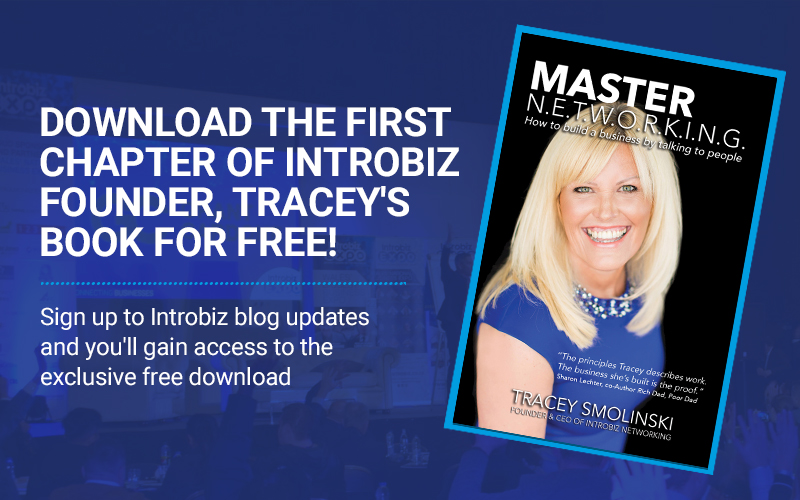Our voice is the most valuable tool in our arsenal – we can make positive change, make life-changing relationships and partnerships, and share our passions and beliefs. This is also true when it comes to networking and meeting new businesses – our voice, the way we project the sound, and the words we choose to speak really do hold the secret to success.
The power of voice – Creates a personal connection
Using your voice effectively could mean the difference between securing a massive sale or an international client. Used poorly and unclearly, and you could see frustration and complaints at your door. Communication allows you to connect with your audience, to share common interests, which should ultimately lead to greater trust. In both personal and professional relationships, smiling, speaking slowly, and clearly explaining your aims will certainly provide the best possible results for you and your connection and will allow conversations to flow naturally.
The power of voice – The importance of tone
Did you know that the tone we use when communicating is the most important aspect of effective communication? The tone of voice we use conveys meaning and allows our connection to understand and perceive exactly what message we’re trying to convey. Your tone can also mean the difference between someone actually listening and engaging with you, or completely ignoring you which is neither productive nor useful. Tone can be quite hard to manage, especially when there are time constraints and other pressures to consider. The trick is to listen to yourself and ask yourself if you could use a more empathetic or positive tone – you could do this by recording your voice and listening to it, to really see if improvements can be made.
The power of voice – A means of obtaining feedback
Offering honest feedback is vital to being able to improve, develop and progress. Verbal feedback allows for clarification, meaning relevant questions can be asked. Whilst providing this feedback, it’s vital to consider your tone of voice (as mentioned above), and ensure that what you have to say is constructive. Feedback should also be delivered in a timely and specific way so that it’s at the forefront of everyone’s mind.





